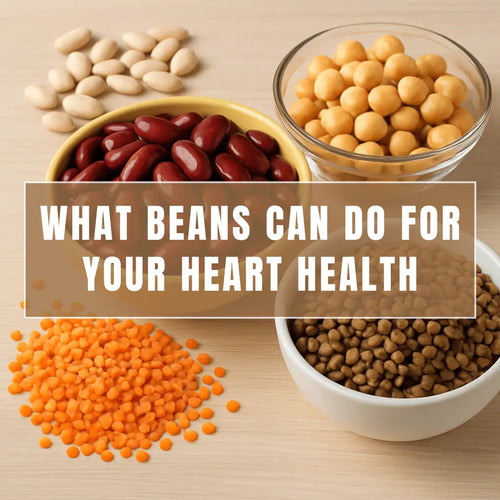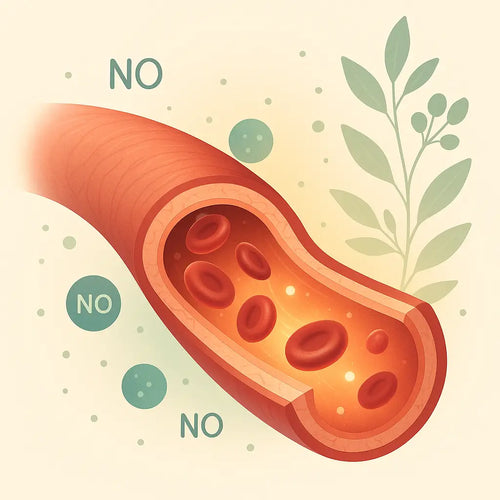Most of the fat in butter is saturated and most of the fat in olive oil comes from monounsaturated fat.
That’s why butter and olive oil were compared in this study in an attempt to figure out how saturated fat and unsaturated fat from a vegetable source affected cardiovascular risk factors (Anderson-Vasquez HE, et al. 2015).
There has been a lot of talking lately about how healthy saturated fat is and how wrong it has been to recommend avoiding the saturated fat.
Many healthcare professionals now recommend to eat a lot of butter, high fat cheese and meat.
You may even find a reference to research claiming that eating a lot of saturated fat does not increase cardiovascular risk.
The question is are these studies accurate?
The media of course will jump at any opportunity to make headlines, but keep in mind that the media is more concerned about the attention they get than your well being.
If you look closer at these studies, you find so-called population studies where people fill out food questionnaires, and years later the researchers check how many died and what kind of food they were eating more of.
This kind of research has its weaknesses, but can be useful if it supports the results from clinical studies where a group of people are put on a certain diet for a specific time, and reliable tests are used to verify the results.
Cholesterol, LDL cholesterol, HDL cholesterol and triglycerides are regarded as reliable risk factors for cardiovascular disease, even if they are not the only risk factors.
You may find research claiming that you can eat several eggs every day high in cholesterol without seeing an increase in blood cholesterol levels.
These are clinical studies and should be more accurate, right?
Well, it depends on how they are designed.
If you take a group of people who already have high cholesterol and give them some eggs, will it increase their cholesterol?
No, because their cholesterol is already high, but if you give people with low cholesterol the same amount of eggs, their cholesterol will go up.
The outcome of the study was already known before you started, and that of course can be very good if you want to for example sell more eggs, like in this example.
You can also take a group of people eating high glycemic index junk food which is known to raise cholesterol and give them some eggs.
What do you find?
It does not matter if you add some eggs to the junk they are already eating, it does not raise their cholesterol further.
The study I am going to write about here is interesting because it used the same study participants, but had them eat a lot of saturated fat from butter for 28 days, and then had the same people eat monounsaturated fat from olive oil later.
The researchers tested their blood before they started and tested them after each intervention.
Can you eat a lot of saturated fat from animal sources without increasing your cardiovascular risk?
No, the results showed that the saturated fat increased the cardiovascular risk, while the monounsaturated fat decreased the risk.










